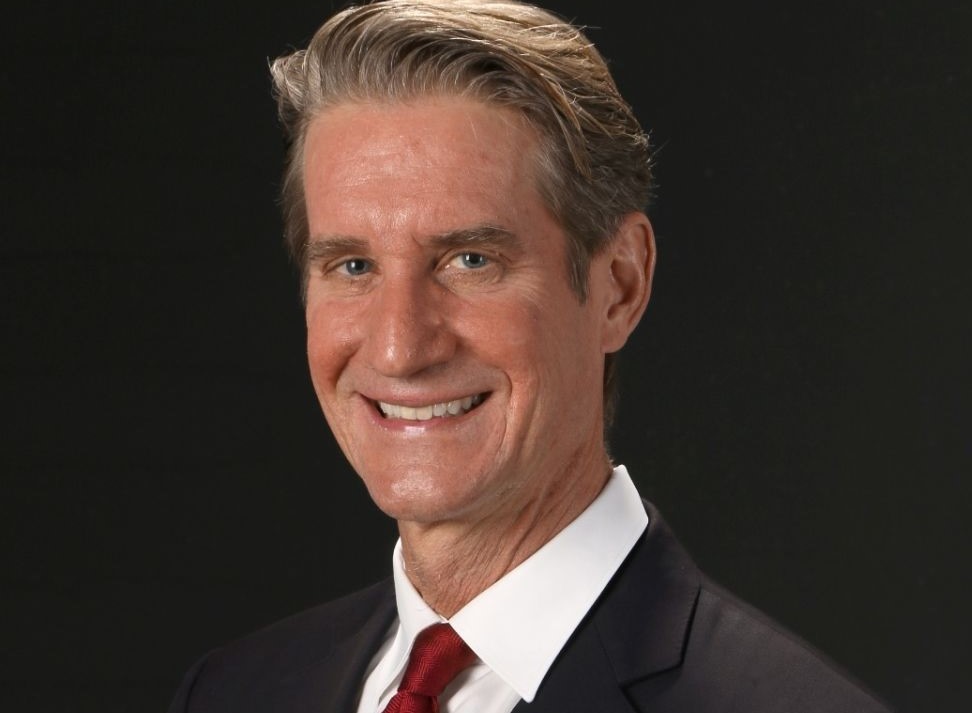A former US State Department senior official who had responsibility for Cyprus, Greece and Turkey, does not foresee talks resuming as Turkey has now decided on a two-state solution.
He also said he did not see the EastMed pipeline ever being built.
Matthew Bryza, who served as Deputy Assistant Secretary of State for European and Eurasian Affairs from 2005 to 2009, said to what extent Ankara’s goal will be achieved he could not say with certainty, as “it depends on whether other countries will recognise the two states”.
Also, if Turkey wants a two-state solution, it would be forced to recognise the Republic of Cyprus, Bryza said in an interview with Phileleftheros which was published on Sunday. Bryza now lives and works in Turkey and is a board member of several private companies and attended the recent Cyprus Forum in Nicosia.
“I do not believe that the talks will resume. I appreciate that Turkey has decided that it wants a two-state solution. I think this is terrible,” he said.
“Whether it is possible or not depends on whether other countries will proceed to recognise the two states. I don’t know if they will. What Turkey says is that ‘we put everything on the table, including troops and guarantees, but the Greek Cypriots said it was a big risk’. And Turkey said it is giving up. But if Turkey wants a two-state solution, it will be forced to recognise the Republic of Cyprus. And then we will have a new world”.
Bryza also said he did not see the EastMed pipeline ever being built.
“First of all, it does not make any sense in terms of its commercial dimension. It is an extremely expensive natural gas transportation option. With smaller pipelines from Cyprus and Israel, natural gas can be transported to Egypt and from there by investing in liquefied natural gas you can transport it anywhere,” he said.
He added that from a commercial point of view the most logical option is a pipeline through Turkey because it was a huge market whose needs were growing.
“In my view the most logical approach is for Cyprus and Israel to send part of their natural gas to Egypt and part to Turkey. It is the most logical and advantageous choice,” Bryza added.
On whether hydrocarbon discoveries around the island could help a solution, Bryza said it could help but due to tensions, Greece, Cyprus and Egypt decided to set up the Eastern Mediterranean Energy Forum.
“This was aimed at isolating Turkey. All this is changing. Possibly, if Turkey participates in the forum as an observer, it is something that will continue to reduce tensions. Or even politicians could get out of the way and let companies find the solution,” he added.
Commenting on the war in Ukraine and how it was changing the dynamics in the region, Bryza said he had been hoping the US would be more active.
“As a former diplomat I don’t see that. You will see in the last few months that the Biden administration has decided to withdraw its support for the Eastern Mediterranean pipeline. This could mean a US retreat or a different understanding of the dynamics that exist in the Eastern Mediterranean,” he said.
“What some senior officials in the Biden administration, who I know, want, in my estimation, is for there to be calm in the region as far as Turkey and Cyprus are concerned.”
Asked whether the recent rhetoric from Ankara was related to the Turkish elections, Bryza said it was possible.
“But the average Turk who wakes up every morning is not interested in either Greece or Cyprus. What interests him is the economy. This is the biggest issue, and Turkey’s economy is in bad shape. What he [Erdogan] needs to do to win the election is to get the economy moving. Therefore, Greece and Cyprus are not at the top of his agenda,” Bryza said, adding that he believes that the Turkish president is also “really irritated” by Greek Prime Minister Kyriakos Mitsotakis’ reports to Congress.







Click here to change your cookie preferences